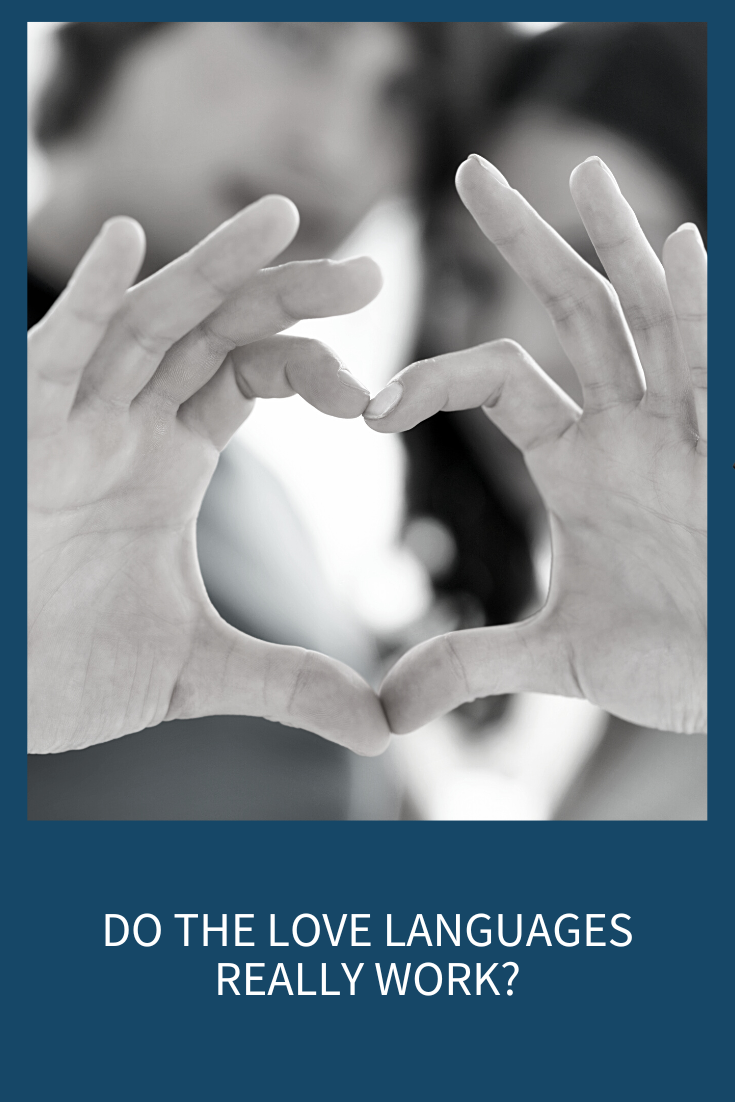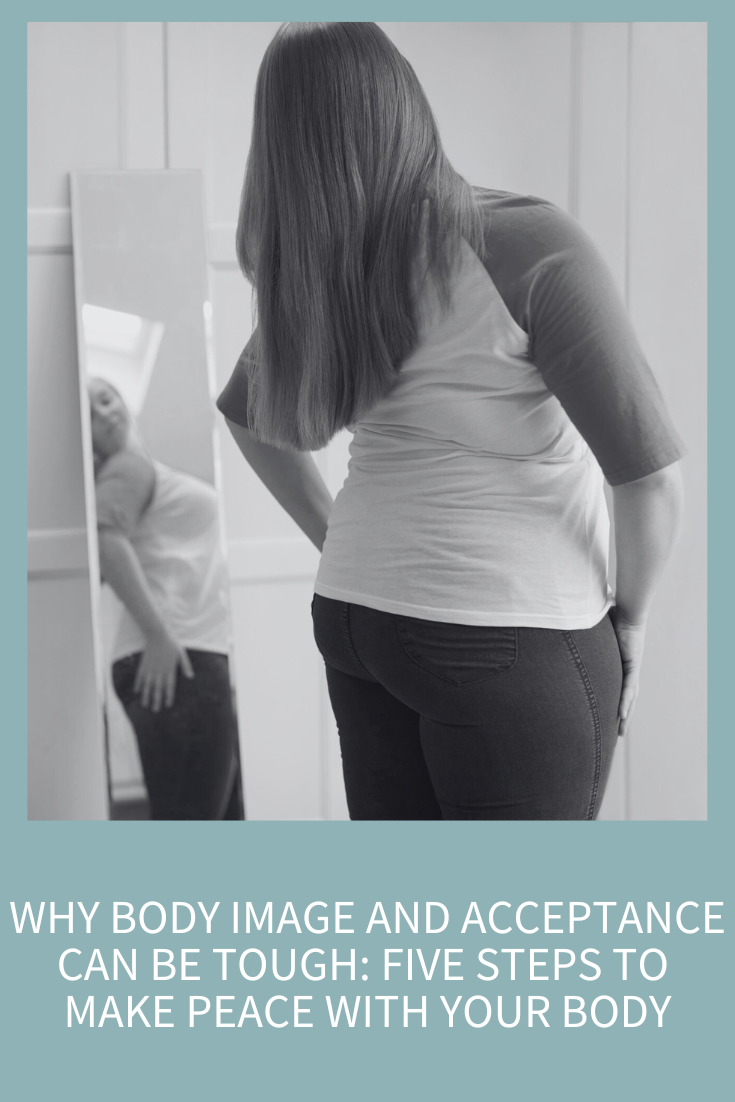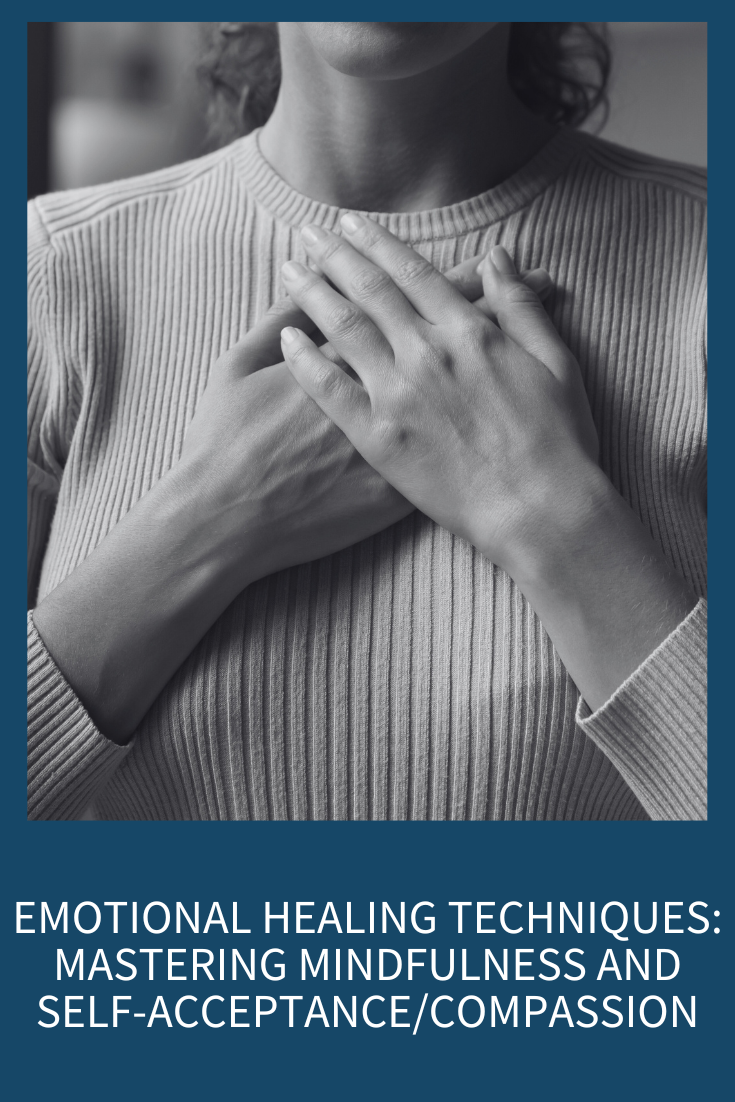
With Valentine’s Day around the corner in about 30 countries around the world, I thought it would be an excellent time to talk about Gary Chapman’s love languages. Let me say first that I’m not a Gary Chapman hater, and I think the Love Languages quiz can be fun and a little informative. However, this is not a one-size-fits-all theory and I’ve definitely found times that it’s even been detrimental for my clients. Today I’m going to answer your burning questions about the five love languages. What are they exactly and do they really work? Is there any research to support Chapman’s theory? Is there something better you should be using to align your wants and needs with your partner? Stay tuned while I answer all that and more.
7-minute read
Who is Gary Chapman?
Gary Chapman holds a B.A. degree in anthropology from Wheaton College and a Masters in anthropology from Wake Forest University. He received his Ph.D. from Southwestern Baptist Theological Seminary in adult education. So, technically, there’s no counseling degree but for me, that doesn’t necessarily mean someone isn’t qualified. As many of you know, my own PhD is in organizational psychology (although I do hold a master’s degree in counseling psychology so am, in fact, a traditionally trained counselor).
I think experience is also important to someone being qualified to call themselves a counselor. Besides my education (and there’s more than just the master’s and PhD I mentioned – yes, I’m a Jew from New York, so of course I have a silly amount of degrees and certificates!) I’ve also worked in a therapy, coaching or counseling capacity at a variety of settings and with varied populations including hospitals, drug rehabs, mental hospitals, and organizations over the last (almost) 40 years.
Chapman also has experience. He’d been counseling couples for years in his role as a Baptist pastor before he wrote his book. He said it was through his work with couples that he formulated the idea of the five love languages. He ran seminars for couples and these became very popular, leading to the book.
Chapman first published The 5 Love Languages in 1992. Originally, it was a self-help counseling book that could be found under Christian literature. In 2010, Chapman revamped the book (with the new subtitle: The Secret to Love that Lasts) and rebranded with a secular publisher. Since then, there have been over 20 million copies sold worldwide and the book has been translated into 49 languages. People love taking the quiz (yours truly included) and have said it provides reliable and meaningful insights into improving communication and building connection in their relationship.
What are the Love Languages?
In his book, Chapman outlines five love languages. He defines a love language as the way you communicate your love to your romantic partner (and vice-versa). It’s basically how you express your love and how you’d like your partner to express their love to you.
He describes the five love languages as follows:
- Acts of Service: This is when you do something kind or helpful for your partner. This could be putting away the dishes without being asked, volunteering to run an errand for them, or telling them to relax while you help the kids with their homework.
- Quality Time: If this is your love language, you want time with your partner where you’re focused on one another, without distractions. If you’re watching your favorite show together but your partner is on their phone the whole time, it won’t feel like quality time to you despite the cuddling. It’s when there’s full engagement in some activity together like taking a walk, sex, traveling or cooking together. It’s all about the undivided attention.
- Physical touch: This love language isn’t about sex (although that’s nice too). It’s about consistent physical attention such as hugging, kissing, your partner touching your back when you walk in a restaurant, holding hands, cuddling, sitting close, and getting your feet rubbed.
- Gifts: This entails giving your partner thoughtful presents that take effort or some expense. They need to be gifts that make your partner feel noticed, appreciated and seen. Giving your “I love to hike” girlfriend diamond earrings won’t fit the bill. But giving that same woman new hiking boots or booking a hiking trip would definitely fulfill this love language.
- Words of Affirmation: This is when you like to hear the things. You want your partner to say thank you and tell you how much they appreciate you. You want to hear compliments and have them verbally show you affection and thoughtfulness.
I want to be clear that everyone likes to have all of these, of course. The difference is that you need to have your love language. You like when the other things are there but, without this primary love language being fulfilled, you don’t truly feel loved. For example, if you’re a quality time person and you’re not getting it, but your partner is telling you they love you and buying you thoughtful gifts, it doesn’t feel like “enough,” and you don’t feel seen or cherished.
Chapman’s theory is that people are happier in their relationships when both partners match with their primary love language.
What Does the Research Say?
You’d think something that’s been around for 30 years and translated into so many languages would have a ton of research to back it up. That’s not the case here. While there have been a handful of studies, most of the research is inconclusive when it comes to whether this is an evidence-based best practice. In fact, the majority of the research that is out there says that this is NOT a real thing. It’s fun to take the test, and sure, some of it resonates, but there’s really no proof that aligning your love languages will lead to lasting love and harmony. The website says that millions of people have taken their quiz but, despite this, we don’t even have published findings about the validity or reliability of the test itself!
For example, researchers Nichole Egbert and Denise Polk created their own version of the love languages quiz, but “The findings did not meet the statistical thresholds to suggest the survey adequately captured the five love languages. Also, their findings did not support the idea that there even are five love languages.” In fact, another qualitative study suggested that there are likely at least six love languages.
When you get past the validity of the quiz itself and move on to the main tenant of the love languages theory (the idea that couples with matching love languages have greater satisfaction than those who don’t), you’ve got really mixed results. Many find that couples who have matching love languages weren’t any more satisfied than couples who don’t.
To be fair, there are some studies finding greater relationship satisfaction when love languages match. There have also been programs created, based on the love languages, that show greater relationship satisfaction. And we have studies that show that responding to a partner in a way that meets their wants and needs makes them feel more connected, validated and cared for, which you could argue is connected to love languages matching.
So What Does it All Mean?
In my experience, the love languages quiz is very fun to take, but it really shouldn’t be the thing you’re using to build your relationship on. As I said earlier, I believe this has been harmful to many of my clients as they’ve focused on not getting their love language needs met instead of other, more important things that we know from the research result in more connection and higher relationship satisfaction! You’d do better to spend your time working on your mindfulness (so you’re more aware in the moments of your feelings and reactions) than to focus on fulfilling your partner’s love language every day.
There isn’t some simple quiz that’s going to save your relationship and there’s not one thing that’s going to make your relationship amazing. Great relationships aren’t built in a day, great relationships are built daily.
Do What the Research Says Instead
Listen instead to:
Episode 253: How to Make All Your Relationships Great
Episode 254:The Seven Habits of Intimate Relationships Backed By Research
Resources and Research for Do the Love Languages Really Work?
Episode 253: How to Make All Your Relationships Great
Episode 254:The Seven Habits of Intimate Relationships Backed By Research









